A Comparison of Graphic Overlays and Membrane Keypads
Being in the printing business for many years we know how confusing some of the technical ‘babble’ can be. Here’s a blog about Graphic Overlays and Membrane Keypads where we’ve cut out the unnecessary technical jargon and condensed it down to a user-friendly explanation.
What is a Graphic Overlay?

Here is an example of a Graphic Overlay, this is one of our own Overlays that we have produced for one of our customers.
Also known as ‘Operator Interface Panels’, ‘Control Panel Overlays’, ‘Graphic Labels’.
Let’s break Graphic Overlays down. They are two labels layered with a hard-wearing top surface, Overlays can be any shape required and may include any number of cut outs (apertures). This way knobs, buttons, dials and switches can protrude through the label. To improve their toughness, they typically have a mark resistant finish.
What are Membrane Keypads?
Also known as ‘Membrane Keyboards’, ‘Membrane Switches’, ‘User Interface Keyboard’.
A Membrane Keypad usually forms a functional and appealing user interface between the control systems hardware and its software. The straightforward principle is that a contact behind the tactile or non-tactile key closes an open loop in the flexible circuit, this then stops on the flexible tail (FPC). From the early eighties there has been domestic and industrial applications, since then there have been many advances not just with materials but in the processes, this has enabled customers to benefit from an infinite number of design styles and applications while also reducing the set-up cost.
Membrane Keypads are keypads featuring keys that are embedded into a single piece without separate or moving parts. Usually keypads are designed with individual keys, each of which is a separate moving part. But Membrane Keypads take a step in a different direction by using pressure pads on which the key outlines and symbols are printed.
There are benefits with choosing Membrane Keypads; because their keys are not separate moving parts there is no point where moisture or debris can get through, this makes them perfect for factories, outside areas and the medical field.
On the other hand, there are some disadvantages. Unlike traditional keypads, Membrane Keypads have little to-no tactile feedback when a key is pushed down. This makes error-free typing/input difficult. But there is good news, they are now being designed with tactile feedback mechanisms such as vibration, this small change can improve the users experience with the keypad massively.
So, let’s sum this up; Graphic Overlays are quite stripped back and basic compared to Membrane Keypads, which could be seen as a disadvantage. But both play different parts in the same industries; one is more for appearance and is a key part of the user interface, whereas the other is the user interface with the added Overlay on top. One cannot work without the other.
If you want to find out more information or are looking for a Membrane Keypad/Graphic Overlay supplier, get in touch today! Call us on +44 (0)1384 264700 or email sales@customark.co.uk. Alternatively, you can visit our website www.customark-limited.com






